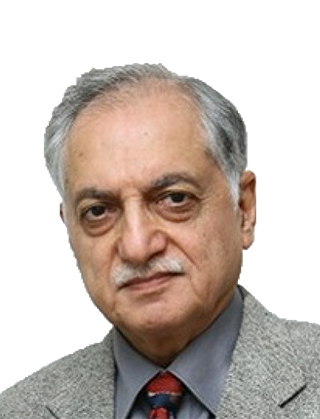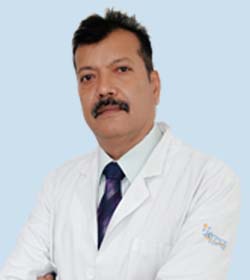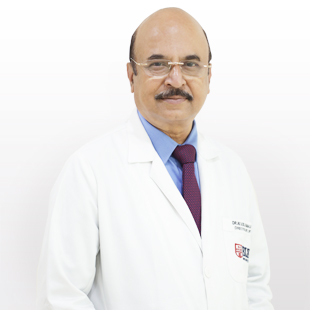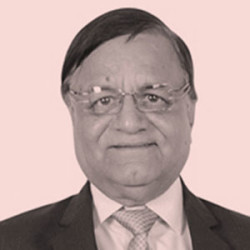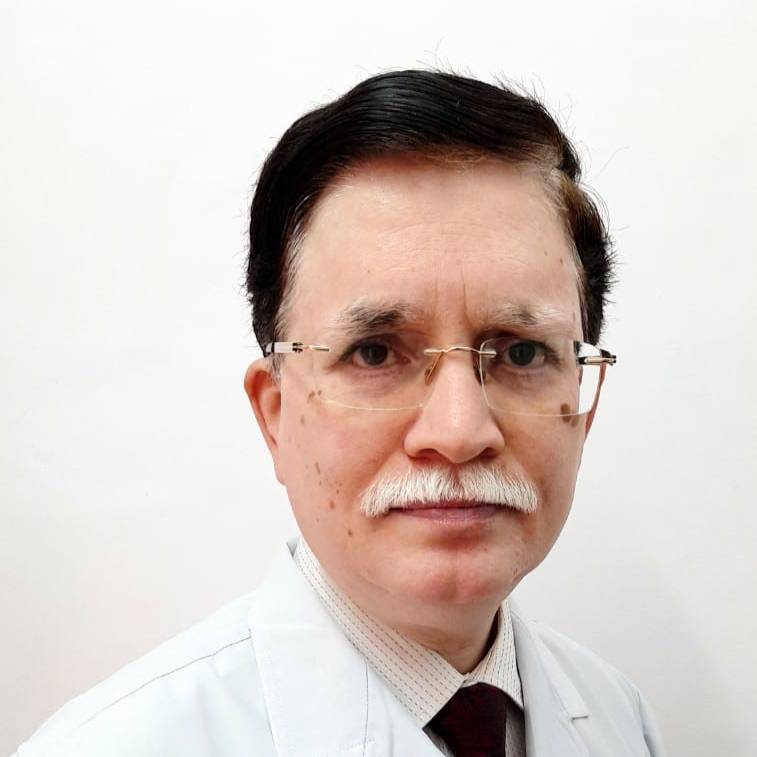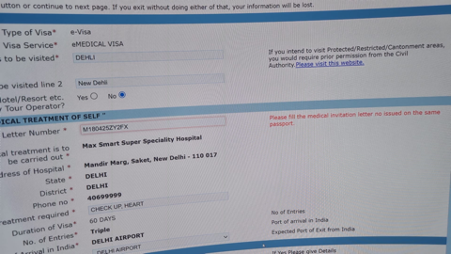About the Doctor
Dr. Atul Mittal is an eminent E.N.T. Specialist, with a sound experience of 25 years of practice and surgical proficiency. He is the Director of ENT at Fortis Memorial Research Institute, Gurugram and with his efficacious leadership skills; he has successfully managed his practice and staff in providing patients with quality care. An MBBS, MS from Delhi University Dr. Mittal’s surgical skills span the entire continuum of Otorhinolaryngology, performing more than 800 surgeries yearly. His areas of interest and expertise are – Minimal Access Endoscopic Sinus and Skull Base surgery, Balloon Sinuplasty. Endoscopic Adenoidectomy and Sleep Surgery. He has extended his foray in surgery and also performs Thyroid and Laryngeal surgeries. Cochlear Implantation Program and immunotherapy in allergic respiratory diseases. He has many publications in national and international journals to his credit and also actively participates in conferences and CMEs
Specialization
- Minimal Access Endoscopic Sinus & Skull Base surgeries Balloon Sinuplasty
- Endoscopic Adenoidectomy with intracapsular tonsillectomy with coblation
- Sleep surgery
- Thyroid and Laryngeal surgeries
- Cochlear Implantation Program
- Immunotherapy in Allergic Respiratory Diseases
Awards
Frequently Asked Questions About ENT
What happens during the first visit?
An ENT specialist will be assigned to learn about your current condition and medical history. Thorough diagnostic procedures will be conducted, after which recommendations on the type of treatment or further tests needed will be announced. Patients undergo thorough analysis before further treatments or procedures are administered.
How are ENT surgeries performed?
Major and minor surgeries that involve certain levels of pain are mostly performed under anesthetics at safe levels. For advanced procedures, the patient is completely sedated to eradicate pain. The anesthetics used are administered carefully by professionals and are all proven safe for ENT based surgeries.
What are some common risk factors for ENT problems?
Seasonal changes, poor air quality & age (children between 2 months and 6 years old are at higher risk, especially in a setting like a group childcare).
What are the symptoms of ENT problems?
Fever, body aches, throat aches, difficulty hearing, discharges, nausea and vomiting, swollen or blocked tissues near tonsils, mild pain in ear, nose or throat and fussiness in infants. Symptoms of ENT conditions are vast and must not be overlooked.
Are ENT problems preventable?
Some ENT problems cannot be prevented as these are caused because of genetics or other medical conditions. But most ENT problems can be prevented if the immune system is boosted and hygiene is maintained. Avoid crowded areas. It is also important to avoid pacifiers for infants. Wash your hands often.
What are the conditions associated with Ear, Nose, and Throat?
The common disorders associated with ear, nose, and throat are:
-
Tonsillitis
-
Ear infections
-
Sinus infection
-
Sleep apnea
-
Tinnitus
-
GERD
-
Thyroid nodules
-
Ear drainage
-
Nasal fracture
-
Sudden hearing loss
-
Age-related hearing loss
What are the causes of Nose Bleed?
Nosebleeds are a very common condition but a sudden or infrequent nosebleed is a serious problem. The most common cause of nosebleed is dry air. Dry climate can dry out the nasal membranes (tissues inside the nose). Other common causes include allergic reaction, repeated sneezing, upper respiratory infection, bleeding disorders, blood clotting disorders, etc.
What Causes Sinusitis?
Sinusitis is the condition in which the spaces inside the nose and head are swollen and inflamed. The common causes of sinusitis include nasal polyps, deviated nasal septum, sore throat, pain, tenderness around eyes, cheeks, nose, a cough that might worsen in the night, etc.

